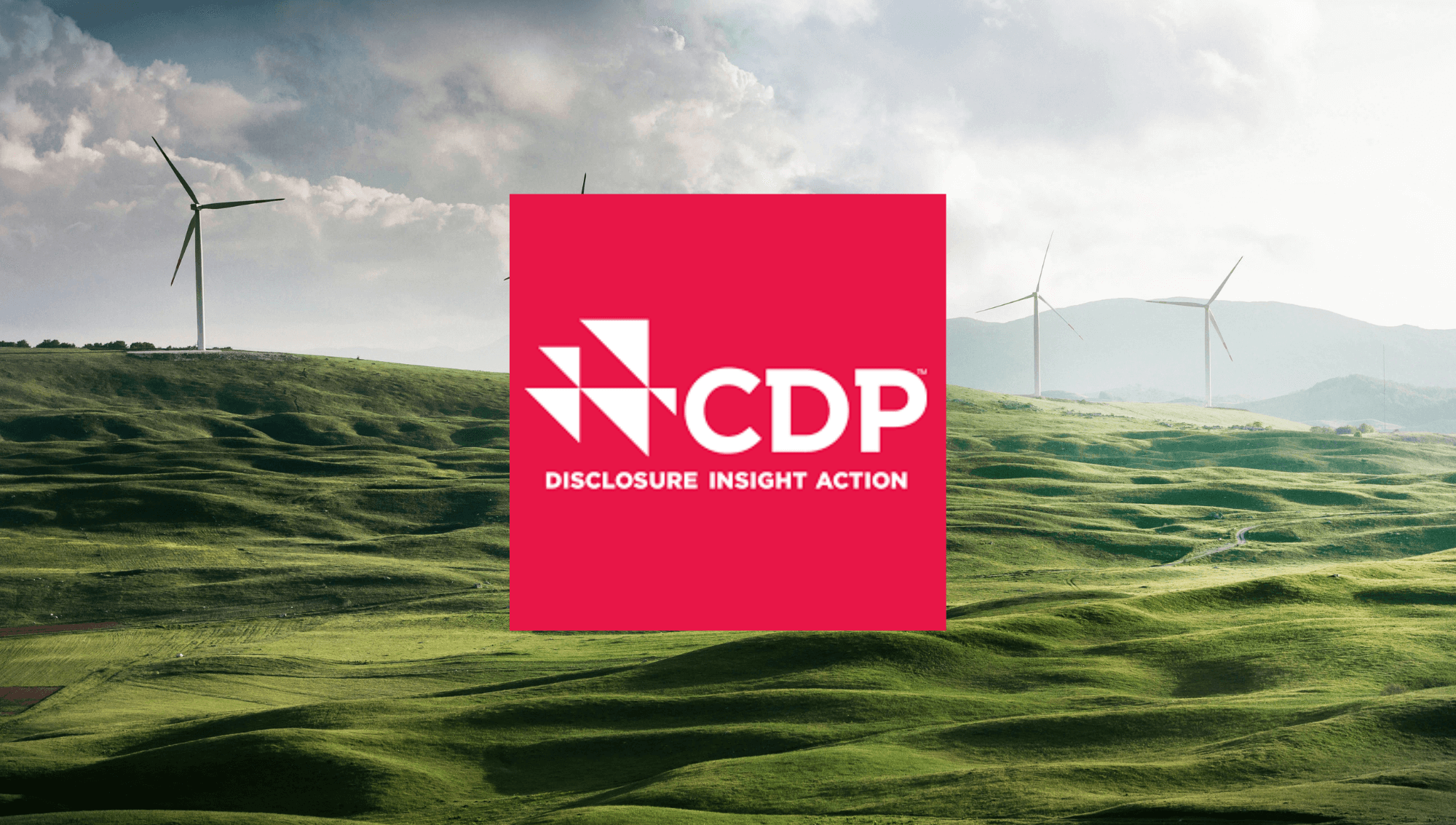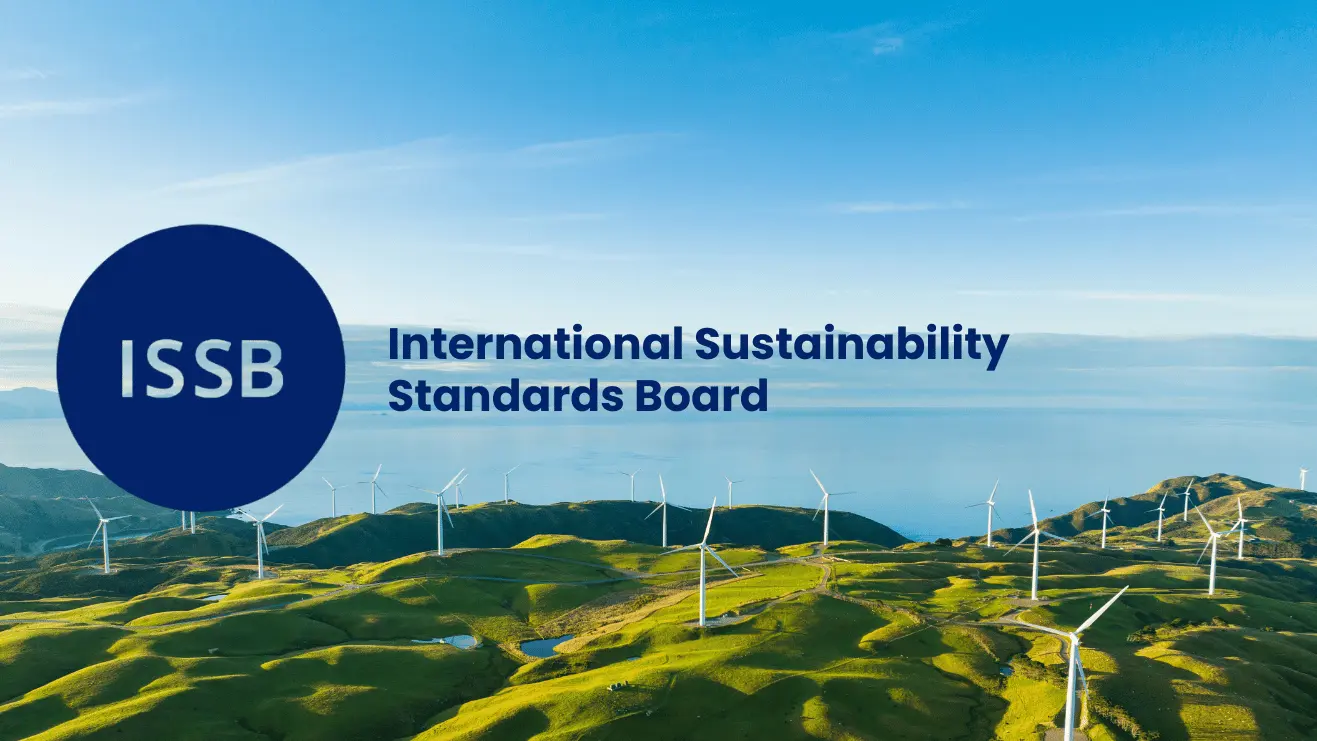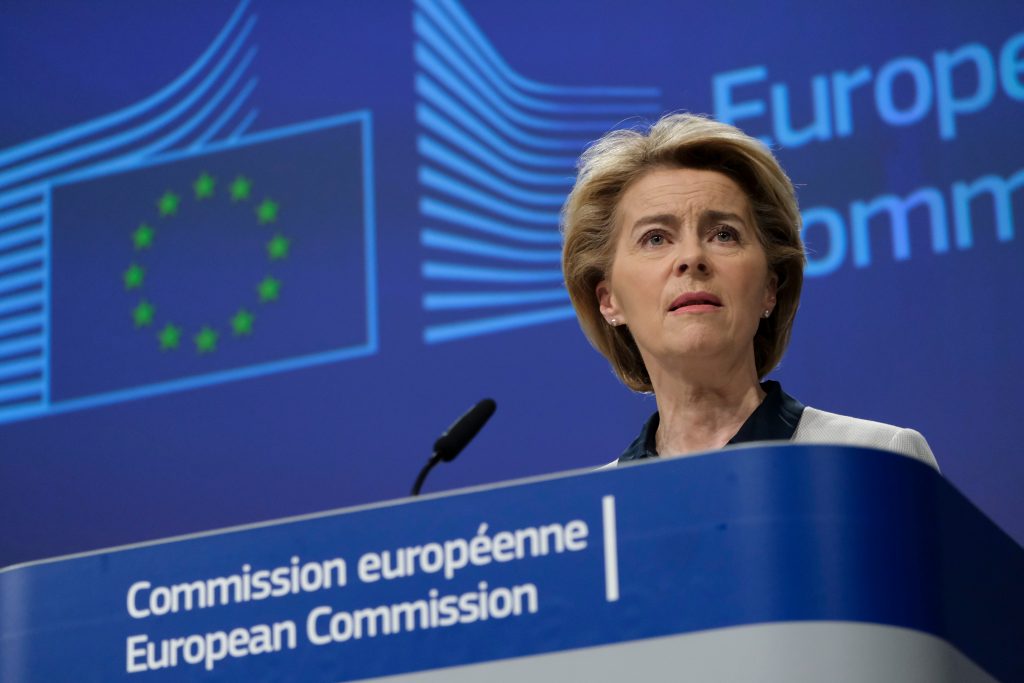EU Parliament Strikes Deal to Nearly Double Use of Renewable Energy by 2030

|
Listen to this story:
|
- A binding 42.5% target share for renewables in energy consumption by 2030, with the aim of achieving 45%
- Faster approval procedure for renewables
- A 14.5% greenhouse gas emission reduction target for the transport sector
The text agreed on Thursday with the Swedish Presidency aims to boost the deployment of renewable energy, in line with the Green Deal and REPowerEU plans.
MEPs and the Swedish Presidency of the Council informally agreed to raise the share of renewables in the EU’s final energy consumption to 42.5% by 2030, under the revision of the Renewable Energy Directive (RED). Member states should strive to achieve 45%. The legislation will also speed up procedures to grant permits for new renewable energy power plants, such as solar panels or windmills, or to adapt existing ones.
The maximum period for national authorities to approve new renewable energy installations will be 12 months, if located in so-called “renewables go-to areas”. Outside such areas, the process should not exceed 24 months.
In the transport sector, renewables deployment should lead to a 14.5% reduction in greenhouse gas emissions, by using a greater share of advanced biofuels and a more ambitious quota for renewable fuels of non-biological origin, such as hydrogen.
See related article: EU Announces Rules Requiring Zero Emissions from New Cars by 2035 After Reaching Deal on E-Fuels
MEPs also secured that member states set an indicative target for innovative renewable energy technology of at least 5% of newly installed renewable energy capacity, as well as a binding framework for cross-border energy projects.
Biomass
MEPs pushed for stricter criteria on the use of biomass to ensure that the EU does not subsidise unsustainable practices. Harvesting should be carried out preventing negative impacts on soil quality and biodiversity.
Quotes
“I am glad that we have succeeded. The Council has largely supported our ambitious goals”, said Markus Pieper (EPP, DE), lead MEP for the Industry, Research and Energy Committee. “This is how the energy transition can succeed. This Renewable Energy Directive is a great success. It brings more renewable energy, more climate protection and a simpler and therefore faster expansion of renewable energies in Europe. This will bring us closer to the Paris climate targets and reduce our dependence on others.”
“The negotiations have been extremely difficult. It is almost two years since we started analysing the Commission’s original proposal and the world looked completely different then”, said lead MEP for the Environment Committee Nils Torvalds (Renew, FI). “The war in Ukraine has caused negotiating parties to change their position many times over but we have managed to reach a result that was acceptable for all negotiating parties and ensures that the EU sticks to its climate obligations.”










